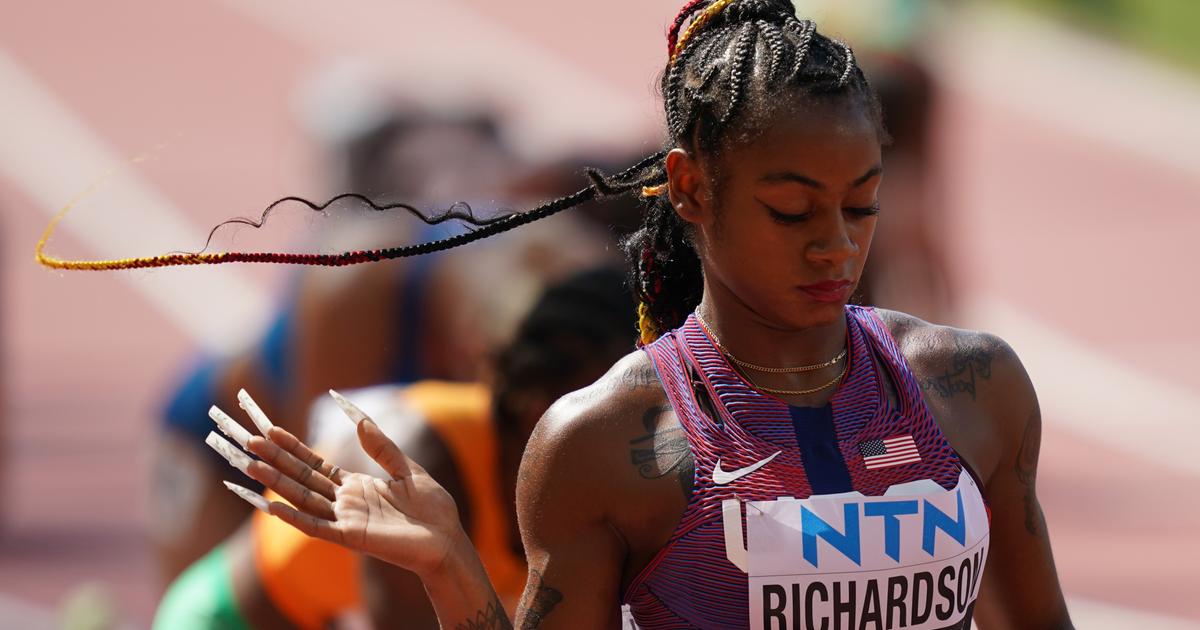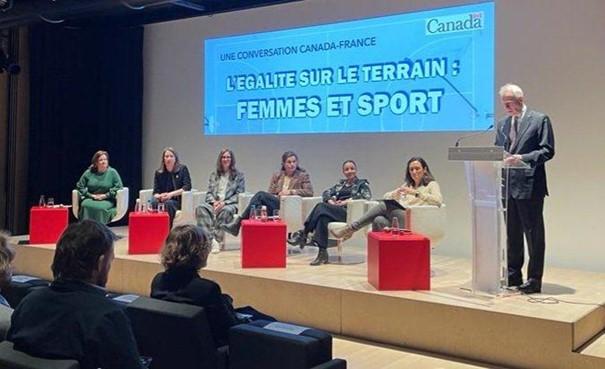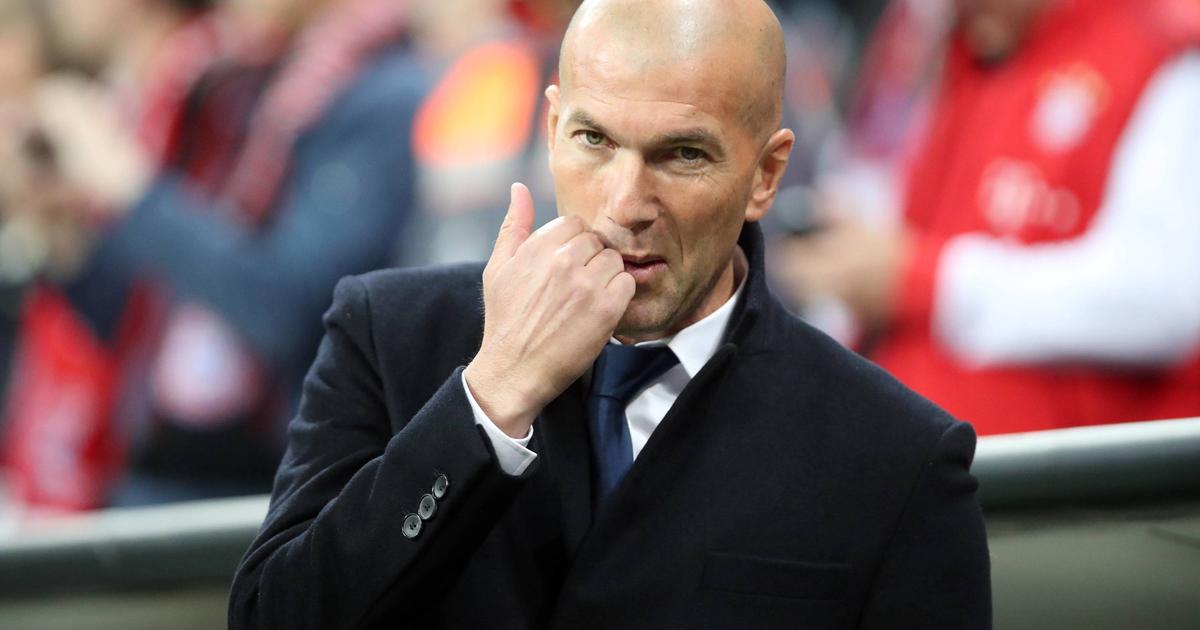Enlarge image
"Semi-professionals" could "not keep up with full professionals," said sprinter Gina Lückenkemper, criticizing the current top-level sport funding
Photo: Michael Kappeler / dpa
During the European Championships in Munich, the debate about the direction of top-level sports funding in Germany picks up speed.
The Athletes Germany association makes a new contribution.
Before the conference of sports ministers on Tuesday in Munich, the athletes' representatives published their analysis with the title: "Why is it worth it to us?".
The "Frankfurter Allgemeine Sonntagszeitung" reported on this in advance.
In the 85-page paper, which the athletes send to the federal and state sports ministers, the athletes ask about the desirable functions of state support for elite sports and criticize the medal table as the only indicator of success.
"We want to put the elephant in the room on the sports policy agenda," they say.
This "elephant" is the question of the goals of competitive sport: Why is tax money distributed and how?
"Which disciplines in top-class sport do we want to promote and for what reasons?" ask the athletes and criticize: "The distribution of funds, as provided for in the competitive sports reform, means an undifferentiated optimization of success." Without the benefit for society, the »Increasing the common good« into account.
Criticism of medal successes as the only indicator
Since the reform seven years ago, which was initiated by the then Federal Minister of the Interior, Thomas de Maizière, 1.2 billion per Olympic cycle has flowed into sport from the BMI alone.
The criticism of the system becomes louder and louder after the lack of medal successes, such as at the World Athletics Championships in Eugene.
For the athletes, however, the fixation on medals does not go far enough anyway, they demand, among other things:
A fundamental debate and a new social consensus on the role, function and goals of state sports funding
Transparent distribution of funding, taking into account the broad impact of individual sports, instead of medal success
To focus on the athletes and the development of their sporting and personal potential
Sport Funding Act or new award guidelines possible
According to the analysis by the athletes' representatives, the desired social contract could mean “a change in the funding guidelines” or “even a separate legislative process for a sports funding law”.
The opportunity seems good: Interior Minister Nancy Faeser (SPD) has promised a future concept for top-class sport by the end of the year, including a public hearing on funding.
With regard to the public value debate that the paper is intended to initiate, Athlete Managing Director Johannes Herber asked: »Do we want to promote diversity or maximize medals?
Do we want to compete with nations where there is evidence of doping and where children are already doing competitive sports under immense pressure and a lot of training?
How can the appeal of top-class sport benefit as many people as possible.«
The criticism from athletes is getting louder
Most recently, athletics stars such as Malaika Mihambo and Gina Lückenkemper or rower Oliver Zeidler had criticized the structures in German sport, sometimes loudly.
"We have to completely rethink and question everything," said Zeidler.
»Society's claim is always that we should win as many medals as possible.
But then a corresponding rethinking must take place.
You get nothing without effort.«
For young people, however, top-class sport is apparently becoming less and less attractive.
The balancing act between the time-consuming training and vocational training is becoming increasingly difficult, not everyone wants to join the Bundeswehr.
And expecting semi-professionals “that they can keep up with full professionals” just can’t work, Lückenkemper recently wrote on Instagram.
The statements show the difficult balancing act between the wishes of individual top athletes to become internationally competitive through sports funding and the broader concept of the Athletes Germany Association.
Ex-decathlete Frank Busemann said in an interview with SPIEGEL with regard to the athletics World Championships in Eugene, which were funded with a lot of money and were not very successful: "Actually, the money should be used in day-to-day business: that the athletes can train, be well looked after, develop performance be able.
You have to use it purposefully, with sense and understanding.
Resources are always limited.«
see/sid











/cloudfront-eu-central-1.images.arcpublishing.com/prisa/676XY7TMBRAIFEAGKGDKVAPWYY.jpg)



